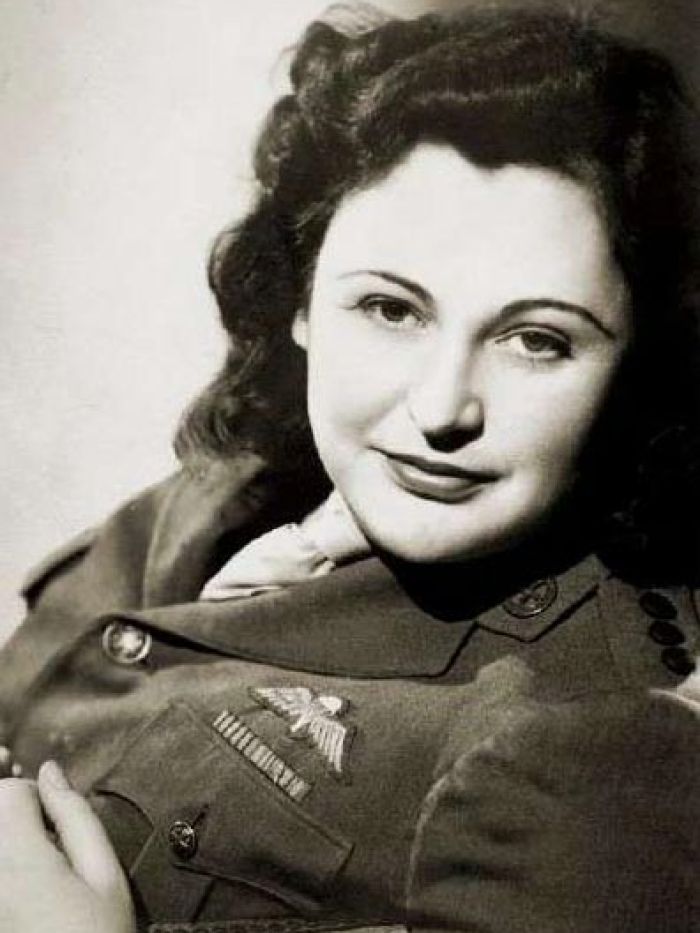|
War hero Nancy Wake's ashes scattered in France - ABC News Updated Mon Mar 11, 2013 9:20am AEDT
The ashes of Australia's most decorated World War II servicewoman, former saboteur and spy Nancy Wake, have been scattered at a ceremony in France. Mrs Wake, who died in 2011 at the age of 98, was a French Resistance fighter credited with helping hundreds of Allied personnel escape from occupied France. The German Gestapo named her the "White Mouse" because she was so elusive. In keeping with her wishes, Mrs Wake's ashes were scattered in the village of Verneix, before gin and tonics were drunk in her honour. Australia was represented at the ceremony by military attaché Brigadier Bill Sowry. Born in New Zealand and raised in Sydney, Mrs Wake is regarded as a heroine in France, which decorated her with its highest honour, the Légion d'honneur, as well as three Croix de Guerre and a French Resistance Medal. Ms Wake left Australia and moved to France in 1932, joining the Resistance after the German invasion in 1940, and helping shelter displaced Jews fleeing the Nazi regime. At the time of her death, family friend Les Partell said Ms Wake was one of the world's greatest women and had a knack for survival. "Anyone else would have got knocked off left, right and centre," he said. "She was just so good at what she did. She survived. She more than survived, she personified survival. I couldn't imagine her dying anyway, I just couldn't, and I am so surprised." Credited with helping to save thousands of lives, Ms Wake was placed at the top of the Gestapo's most wanted list and fled France for England on the advice of her husband Henri Fiocca in 1943. "Henri said, 'You have to leave', and I remember going out the door saying I'd do some shopping, that I'd be back soon. And I left and I never saw him again." Trained as a spy by Britain's Special Operations Executive, she then returned to Nazi-occupied France to work with the Resistance in preparation for the D-Day landings in Normandy in June 1944. Parachuted back into France, Ms Wake's job was to distribute weapons among Resistance fighters hiding in the mountains. "In those days it was safer, or a woman had more chance than a man to get around because the Germans were taking men out just like that," she said. To arrange the delivery of weapons and other supplies, messages had to be sent via radio phones. Ms Wake's group lost theirs during a raid by German troops. This meant Ms Wake had to pedal more than 200km to another radio operator. "The blokes didn't think I'd ever get back. I only volunteered for it, not because I'm brave but because I was the only one who could do it, being a woman. "I got back and they said, 'How are you?' I cried. I couldn't stand up, I couldn't sit down. I couldn't do anything. I just cried." As well as the Légion d'honneur, Ms Wake was awarded Britain's George Medal and the US Medal of Freedom. But despite the international recognition, it took 60 years for Australia to honour her service, awarding her the Companion of the Order of Australia in 2004.
|

